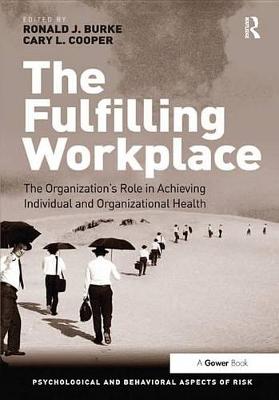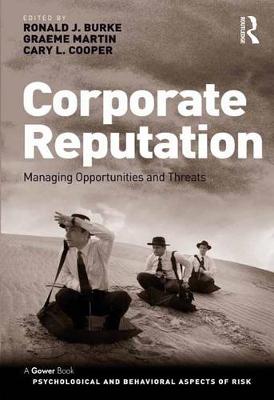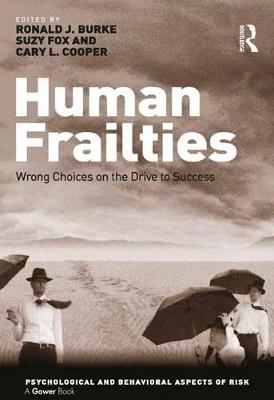Psychological and Behavioural Aspects of Risk
3 total works
Increasing media scrutiny, global coverage and communication via the internet means corporate reputation can be damaged quickly, and failing to successfully address challenges to corporate reputation has consequences. Companies generally suffer almost ten times the financial loss from damaged reputations than from whatever fines may be imposed. According to Ernst & Young, the investment community believes up to 50 per cent of a company's value is intangible - based mostly on corporate reputation. So recognizing potential threats, or anticipating risks, emerges as a critical organizational competence. Organizations can regain lost reputations, but recovery takes a long time. Corporate Reputation contains both academic content along with practical contributions, developed by those serving as consultants or working in organizations in the area of corporate reputation and its management or recovery. It covers: why corporate reputation matters, the increase in reputation loss, threats to corporate reputation, monitoring reputation threats online and offline, the key role of leadership in reputation recovery, and making corporate reputation immune from threats. Any book that is going to do justice to a subject that is so complex and intangible needs imagination, depth and range, and this is exactly what the contributors bring with them.


